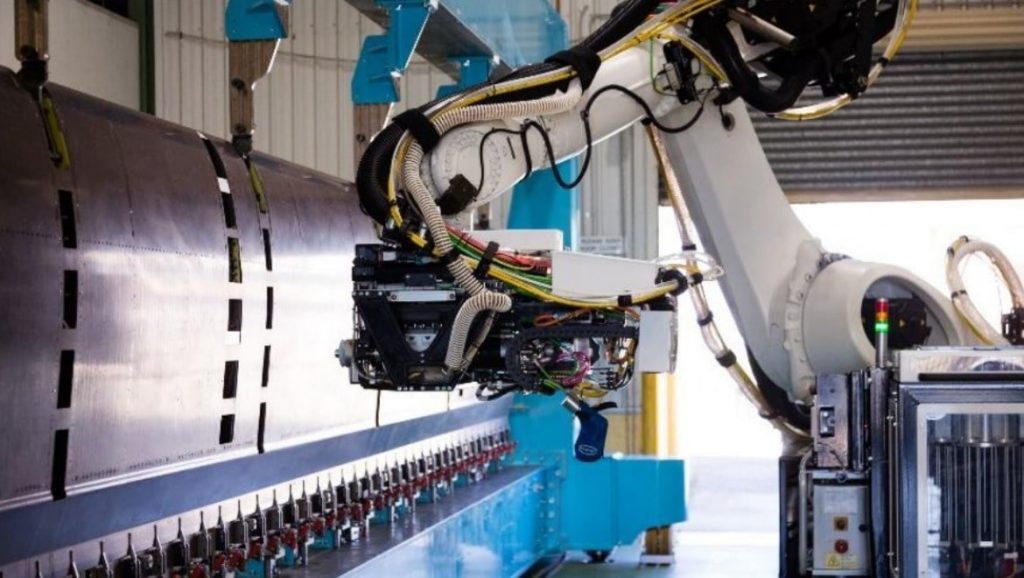Carbon fibre composites manufacturer Quickstep has become the latest organisation to join the Greenbird air taxi consortium.
Greenbird was established earlier this year by Aviation Projects director — and former Australian Aviation editor — Keith Tonkin alongside AVISTRA managing director Sara Hales.
The target of the “collaboration platform” is to have a fully functioning air taxi system in place in the Queensland capital ahead of the 2032 Brisbane Olympic Games.
Greenbird managing Director, Sara Hales said, “We are pleased to welcome Quickstep to the Greenbird team. Having on board an Australian based manufacturing organisation, with such considerable capabilities, is a major step to advancing AAM in Australia.
“We want to see Australia making strides in the aviation and aerospace sector by being one of the first mover locations for AAM globally. Australia is making strong progress with the recent release by CASA of the AAM Strategic Regulatory Roadmap providing clarity and certainty around the future development and timing of the essential regulatory framework.”
Quickstep already has a ‘Drone Center of Excellence’ within the grounds of Deakin University in Victoria and its executive general manager, Steve Osborne, said the business has a key role to play in the sector.
“This rapidly growing aviation sector has aerospace manufacturing at its core and provides a massive opportunity for Quickstep and the broader Australian supply chain, from manufacturing through to aircraft operations,” said Osborne.
The announcement that Quickstep will join means the platform now has 15 partners, including AVISTRA, Aviation Projects, Skyports (UK), Archerfield Airport Corporation, Griffith University, AMSL Aero, Nautilus Aviation, Aviator Group, H2 Energy Company (h2ec), Electro.Aero, AvLogix Solutions, FlyFreely and Swan River Seaplanes.
It comes after Australian Aviation reported last week that Quickstep would work with Defence to try and identify the materials necessary to build the next generation of hypersonic weapons and aircraft.
While hypersonic tech — defined as flying at least five times the speed of sound — is nothing new, countries are currently in an arms race to develop the next generation of missiles that are so manoeuvrable in mid-air they can’t be intercepted or detected.
However, when objects fly so quickly the friction created can increase temperatures to more than 1,000 degrees.
Quickstep will work with UNSW on the ‘Hype-X’ project to identify and test materials that can survive extreme conditions.
Initially, the research will focus on the applicability of existing materials, before exploring novel materials and manufacturing processes to fill capability gaps.
Quickstep is expected to obtain commercialisation rights to any newly developed intellectual property (IP), with Defence retaining the IP ownership.




















Dean Kingi
says:Exciting times, Adam. Thank you for the mention.